Ameloot Group
Manipulating Porous Matter
Announcements
Flanders’ FOOD highlights our Acid Alert technology

Flanders’ FOOD recently published an article featuring Acid Alert, a new sensor technology developed in our group that can selectively detect volatile organic acids even in challenging, high-humidity environments. Thanks to its recent success, the technology is now moving toward industrial applications, including use cases in the potato-processing industry.
🔍 Curious to learn more?
📰 Read the full article in Flanders’ FOOD
An receives best oral presentation award @YBMRS

At the 21th edition of the Young Belgian Magnetic Resonance Symposium, An was awarded the prize for the best oral presentation. Her talk featured a study on binder-jetting 3D printing of subject-specific passive shimming used for improving the quality of in vivo small animal MRI scans.
Congratulations An!
From Nobel price-winning MOFs to molecular speed cameras: C2W profiles the Ameloot Group

In the latest issue of C2W, the Ameloot Group is featured in not one, but two articles!
The first article covers this year’s Nobel Prize in Chemistry, awarded to Susumu Kitagawa, Richard Robson, and Omar Yaghi for their pioneering work on metal–organic frameworks (MOFs). Our promotor, Prof. Rob Ameloot, was invited to share his enthusiasm for the award and reflect on the growing recognition of this exciting research field.
The second article highlights our group’s “molecular speed camera,” a novel approach that uses MOFs in gas sensors to detect gases based on how quickly they move through the framework.
Read both articles below ⬇️
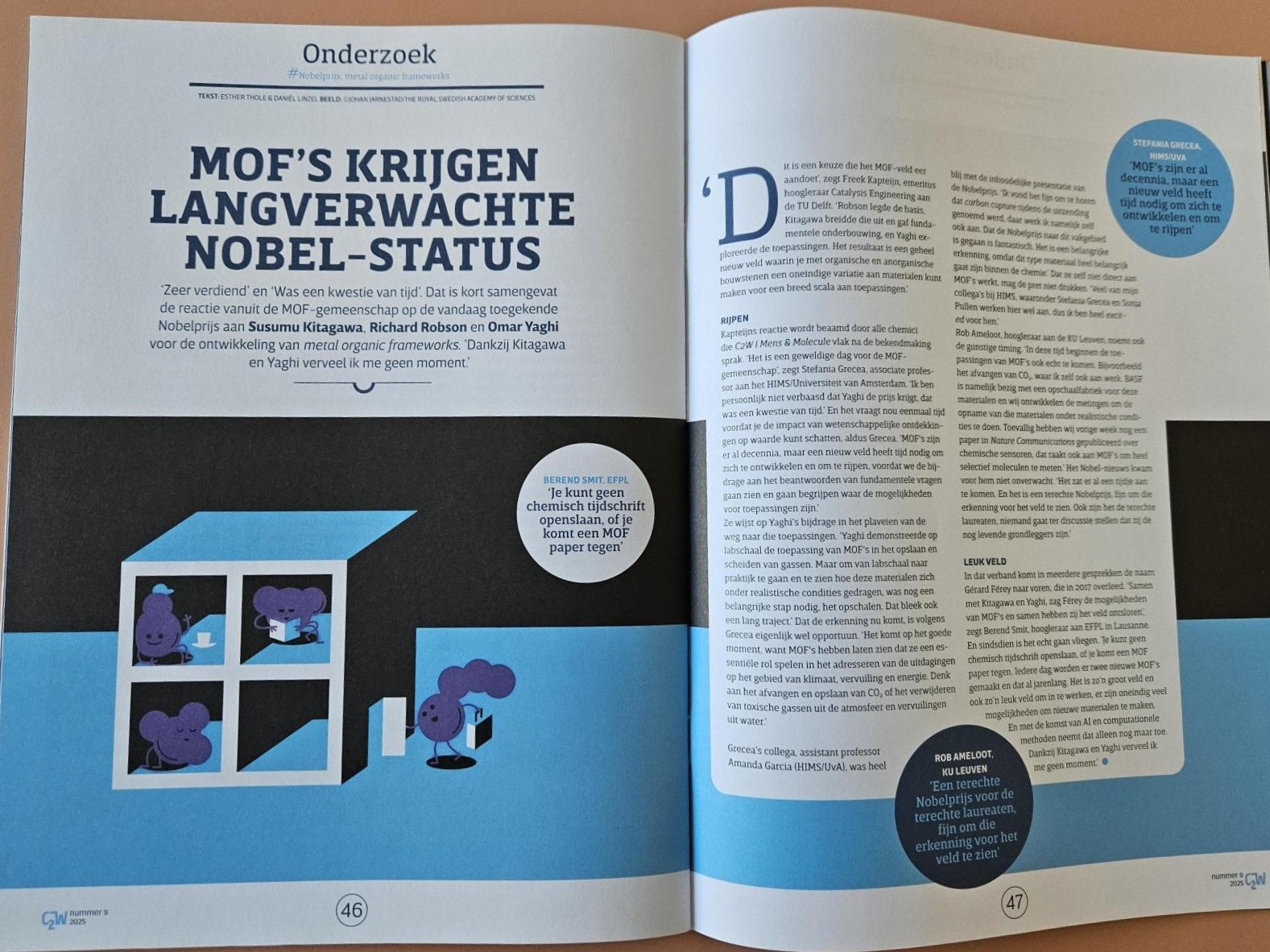
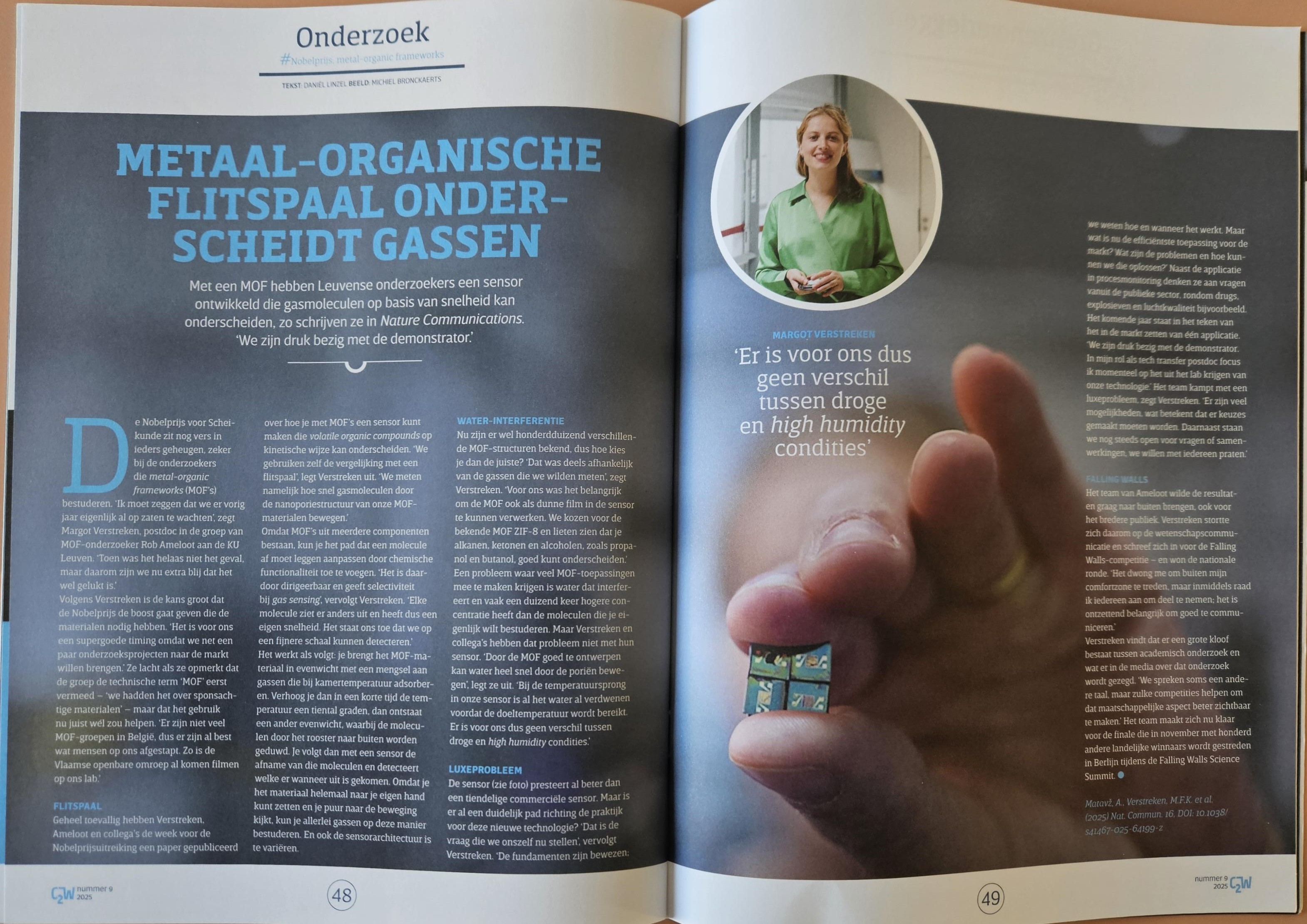
Next stop for our Robbie the Scientist kits: PXL STEM Academy
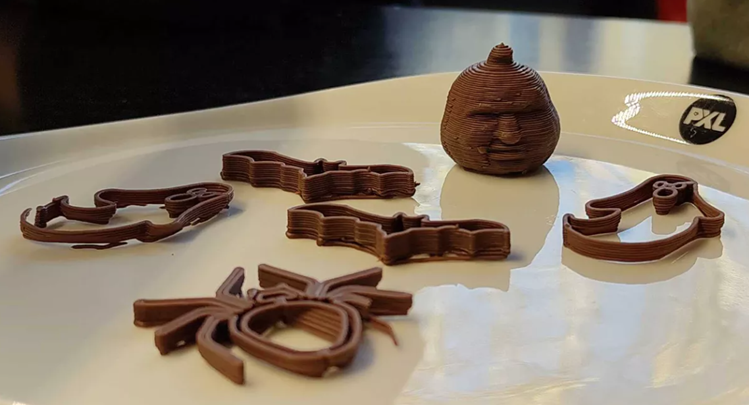
Our Robbie the Scientist kits made their way to the PXL STEM Academy, where children got hands-on with science, technology, engineering, and mathematics (STEM).
This time, they explored 3D printing, creating spooky Halloween-themed figures out of chocolate! 🍫👻 Even the national news stopped by to see the excitement. You can read the full article here.
Want to spark curiosity in your classroom, camp, or STEM event? Don't hesitate to get in touch to use our science kits! 👉 Contact us via [email protected] !
Our molecular speed camera featured in EOS Wetenschap
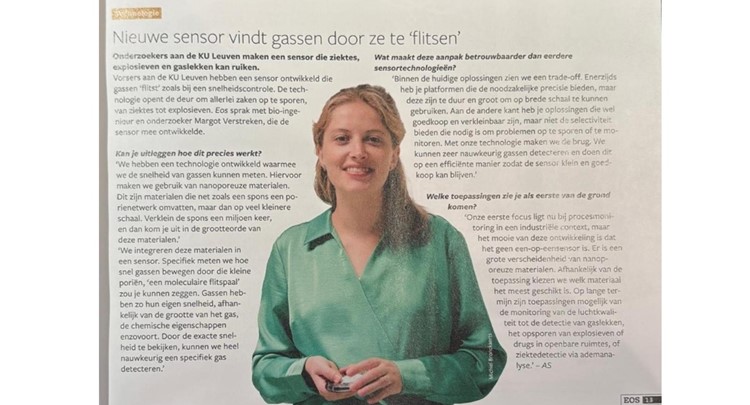
Eos Wetenschap recently published an interview about our latest research on a 'molecular speed camera', a novel approach to identifying gas molecules by tracking how fast they move out of nanoporous materials.
Curious to learn more?
💡 Read the full article here.
💡Dive into the details in our paper.
💡Or watch our explainer video below ⬇️.
All eyes on MOFs: our research featured after Nobel Prize
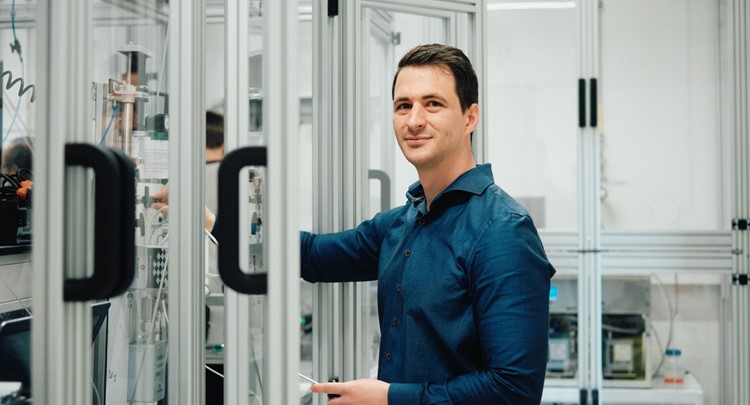
Following the announcement of the 2025 Nobel Prize in Chemistry — awarded to pioneers in the field of metal–organic frameworks (MOFs) — our group has received media attention for our related research.
📺 VRT NWS visited our lab to film and discuss our ongoing work on MOFs and their applications.
📰 In addition, VOKA (Vlaams netwerk van ondernemingen) featured an interview with two of our postdoctoral researchers, highlighting the potential of MOF-based sensing technologies. The interview can be found here (page 16).
Our kinetic selectivity research highlighted in national media

Our research introducing a molecular speed camera to the world of chemical sensors has been featured in the national media! 📰✨
In our latest paper, we demonstrate how a single sensing element can overcome a key challenge faced by state-of-the-art commercial sensors.
💡 Curious to learn more?
Miriam receives ERC Starting Grant for her IMMPACT project

Congratulations to Miriam on receiving an ERC Starting Grant for her IMMPACT project! The project introduces a pioneering strategy: compartmentalizing supramolecular catalysts based on metal-organic frameworks (MOFs), photosensitizers, sacrificial reagents, and charge carriers within liposome-based nanoreactors.
We wish her all the best in her future endeavors with the V&T Group!
Margot wins first prize at Falling Walls Lab Leuven!
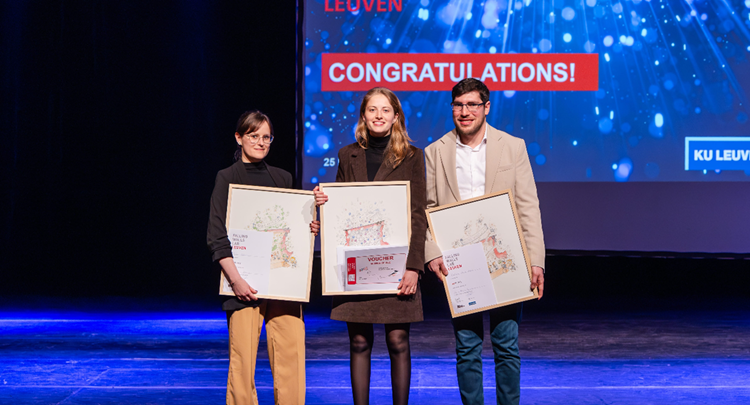
Congratulations to Margot for winning first prize at Falling Walls Lab Leuven 2025!
With her pitch on "Breaking the wall of Selective Gas Detection", she will be representing KU Leuven at the international Falling Walls Lab 2025 in Berlin.
Interested in discovering more about a dog's nose in a sensor? Watch her 3 minute pitch below or read about kinetic selectivity sensing here.
Jennifer receives first prize for best oral presentation!
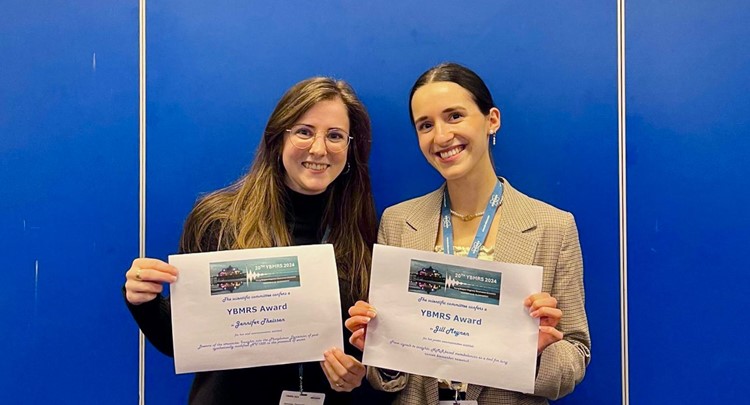
At the 20th edition of the Young Belgian Magnetic Resonance Symposium, Jennifer was awarded first prize for the best oral presentation. Her talk featured an in-depth 2D HETCOR study on the influence of water on the chemical shift in 31P ssNMR of NU-1000 post-synthetically modified with phenylphosphonic acid.
Congratulations Jennifer!